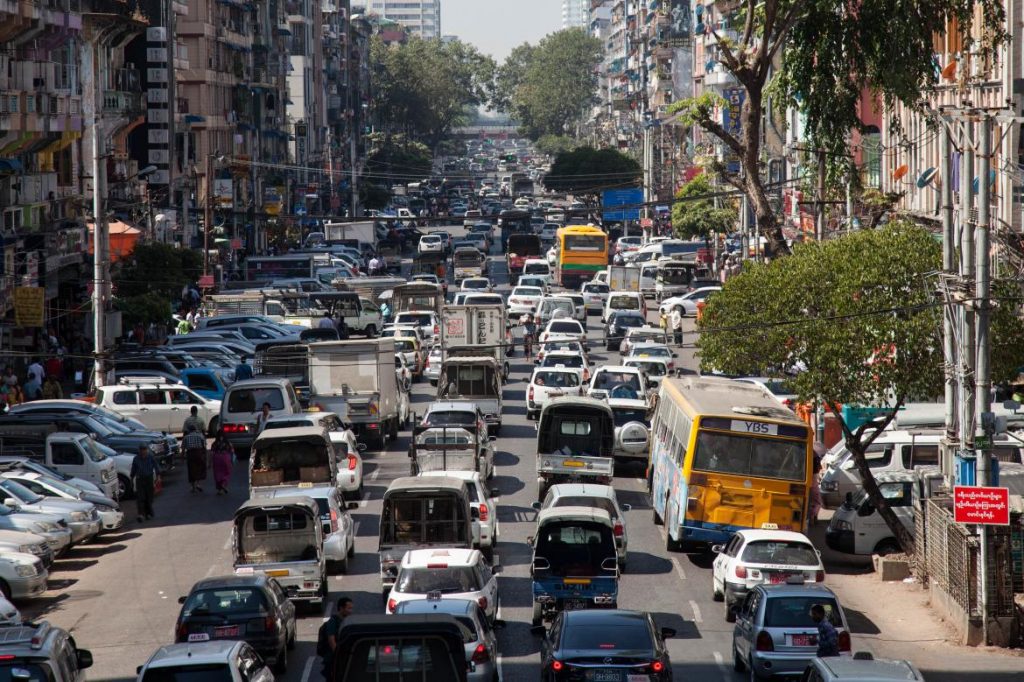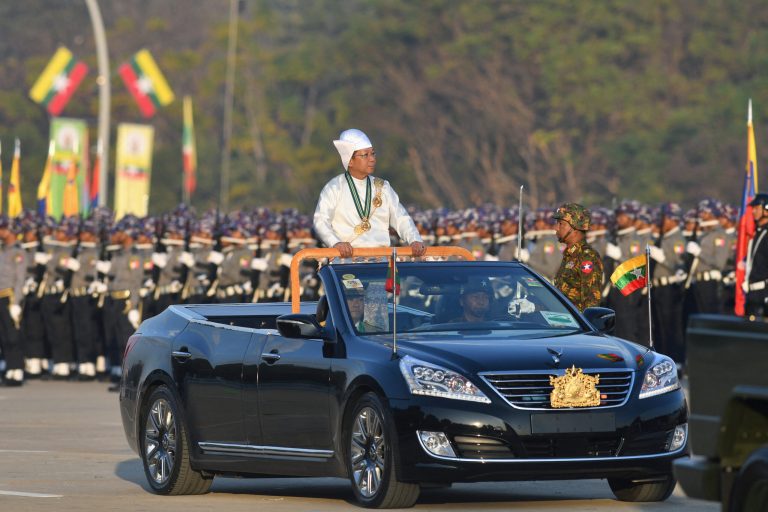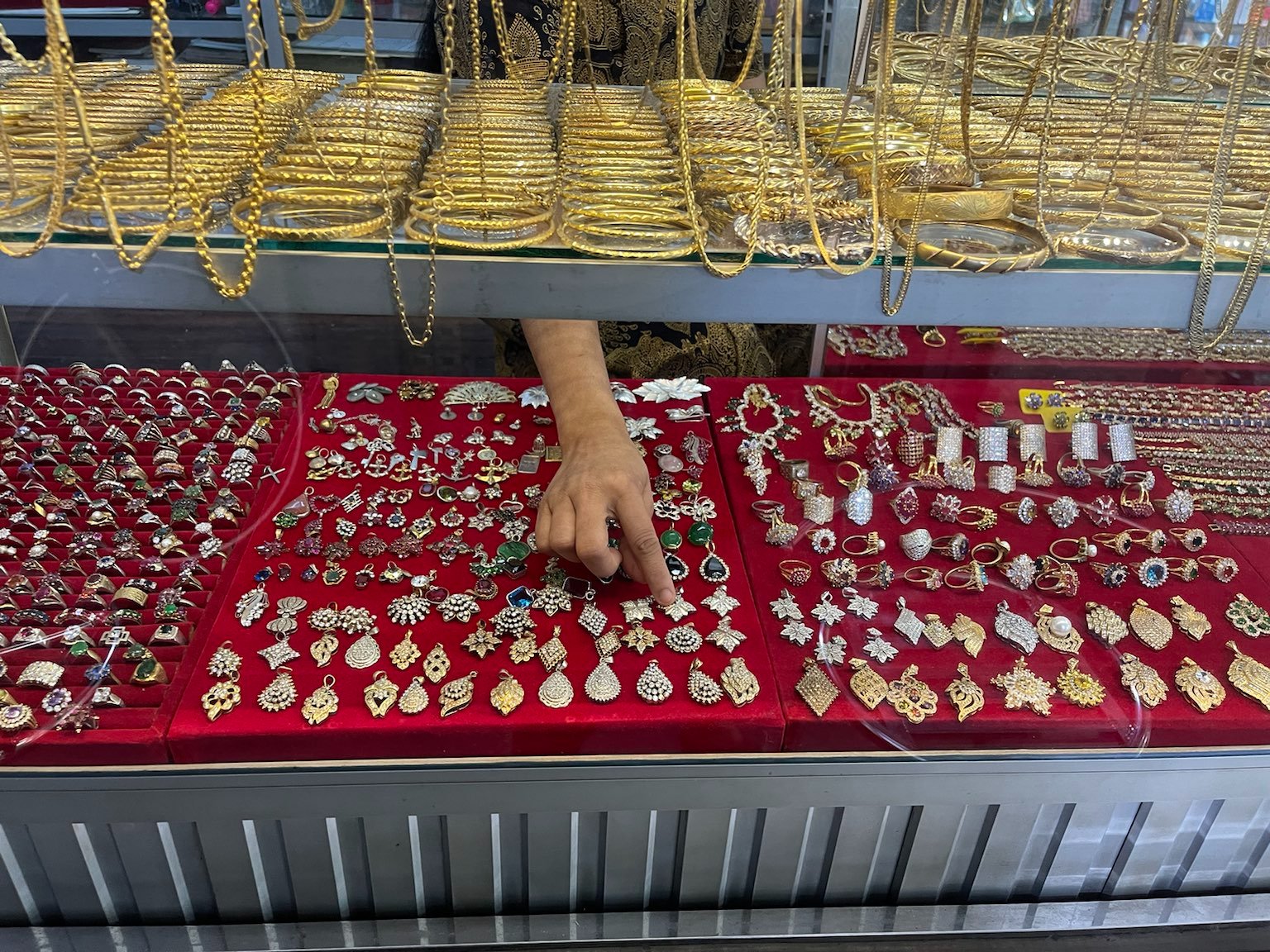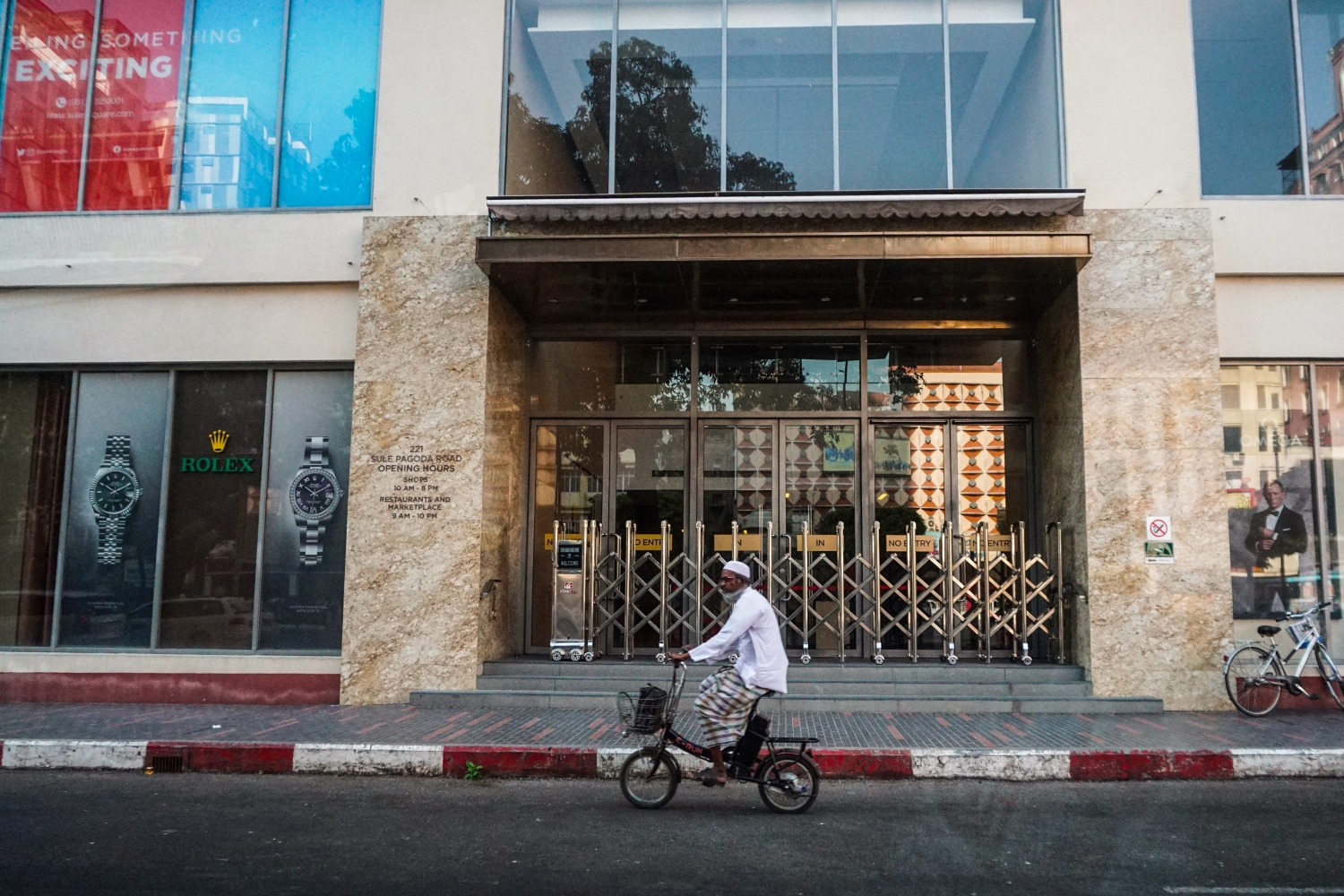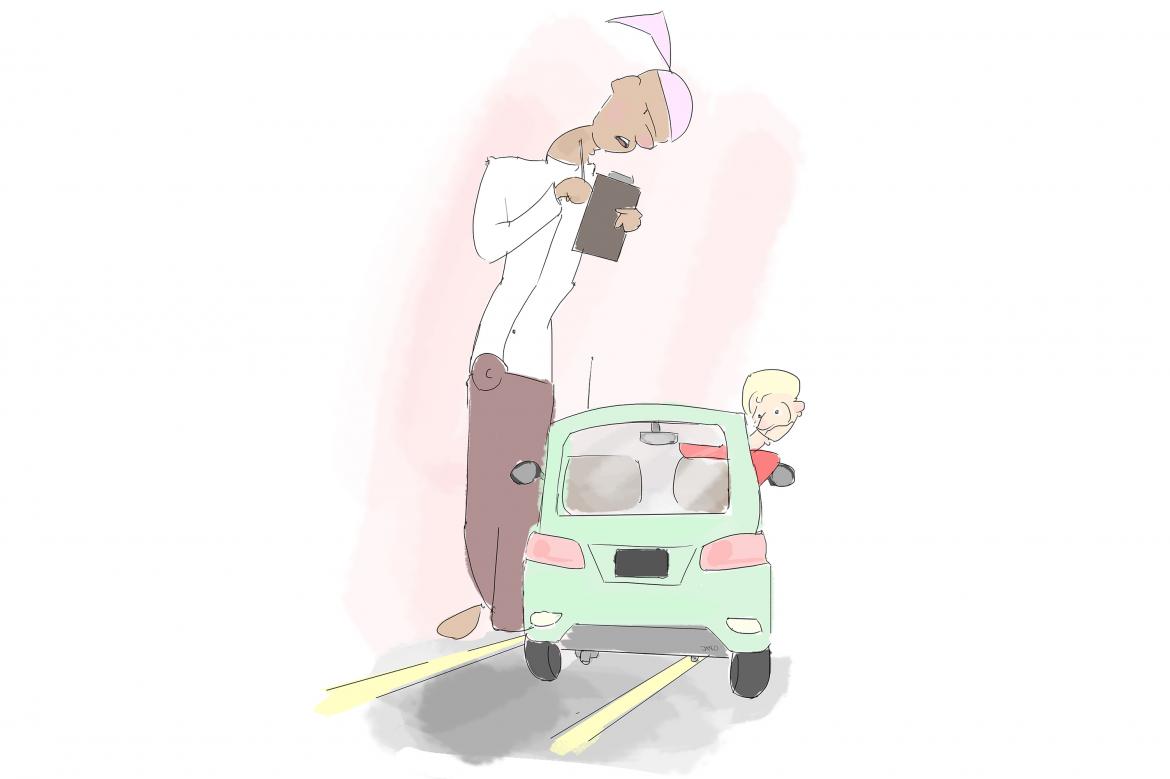Myanmar’s vehicle import policy is badly in need of reform to ensure greater competition and fairer prices in a market that would also benefit from government incentives aimed at attracting more foreign companies to invest in production facilities.
By SITHU AUNG MYINT | FRONTIER
REPORTS FROM Nay Pyi Taw say that the rules and regulations governing vehicle import licences for 2018 will be released soon. Car dealers are anticipating that, as usual, the rules will stipulate the maximum age of imported vehicles, the tax to be levied and that they be left-hand drive.
Since vehicle imports were liberalised by the Thein Sein government after it took office in 2011, about 130,000 vehicles have been imported each year. Despite the huge market for vehicles, foreign companies have shown little interest in making or assembling vehicles in Myanmar. This week I would like to discuss why that is so and what is wrong with Myanmar’s car import policy.
Myanmar’s policy of issuing import licences to individuals is unusual. Buyers must prepare the necessary documents for the model they want and arrange the transaction through an agent. After the car is shipped to Myanmar, the buyer pays the tax clearance.
Because of the complexity and bureaucracy of the system, few individual buyers actually arrange imports themselves, or even know how to do it. They usually buy the car from service agents or brokers. The system encourages corruption and makes vehicles more expensive.
Support more independent journalism like this. Sign up to be a Frontier member.
The National League for Democracy government needs to reform the policy and allow companies to import vehicles at a reasonable tax rate and sell them direct to buyers in a competitive market. This will remove the rent seeking and corruption that is widespread in the market and hurts consumers.
The government also needs to encourage more foreign assembly plants, such as the one built near Bago by Nissan in partnership with Malaysia’s Tan Chong Motor Group, and provide incentives to encourage multinational automakers to produce parts – and, later, entire vehicles – in Myanmar.
The NLD government has continued another import system introduced by its predecessor, under which licences are issued to buyers in exchange for handing over an old model car. This unwieldy system occurs in no other country and should be abolished. The system made sense at the time it was introduced because many cars were dangerously unroadworthy and deserved to be consigned to a foundry.
The permits issued under this programme have fewer restrictions than an individual car import permit. This makes them more desirable and they can be bought for about K10 million.
But the genuinely dangerous and old cars are mostly gone. As a result, relatively late-model vehicles are being handed in. There have been many cases of corruption as a result of this system, including “cars” being churned out in industrial zones and taken straight to the transport authorities to be handed over in exchange for a permit. This system should be abolished immediately.
Another problem is right-hand drive cars in a country where traffic drives on the right. Even Cambodia, a poor country like Myanmar, does not allow right-hand drive cars on its roads. If there is no plan to change to driving on the left in Myanmar, the import of right-hand drive cars should be banned. The companies that import used cars from Japan would oppose such a move because it would adversely affect their business. But for the sake of safer roads, it should be done.
In any review of the car import policy, it is important that the government gives priority to the economy and the needs of the people through reforms that help bring prices down to more reasonable levels. Steps must also be taken to ensure the state receives the taxes it is due.
As well as the Nissan facility near Bago, Suzuki has an assembly plant in Yangon and is reportedly planning a factory at the Thilawa Special Economic Zone. Other big auto companies, such as Ford, Toyota and Kia, have opened show rooms and are monitoring the market.
The government needs to do more to attract investment in vehicle manufacturing. It should offer incentives and special privileges to international automakers to produce vehicles in Myanmar that satisfy the needs of the people.


